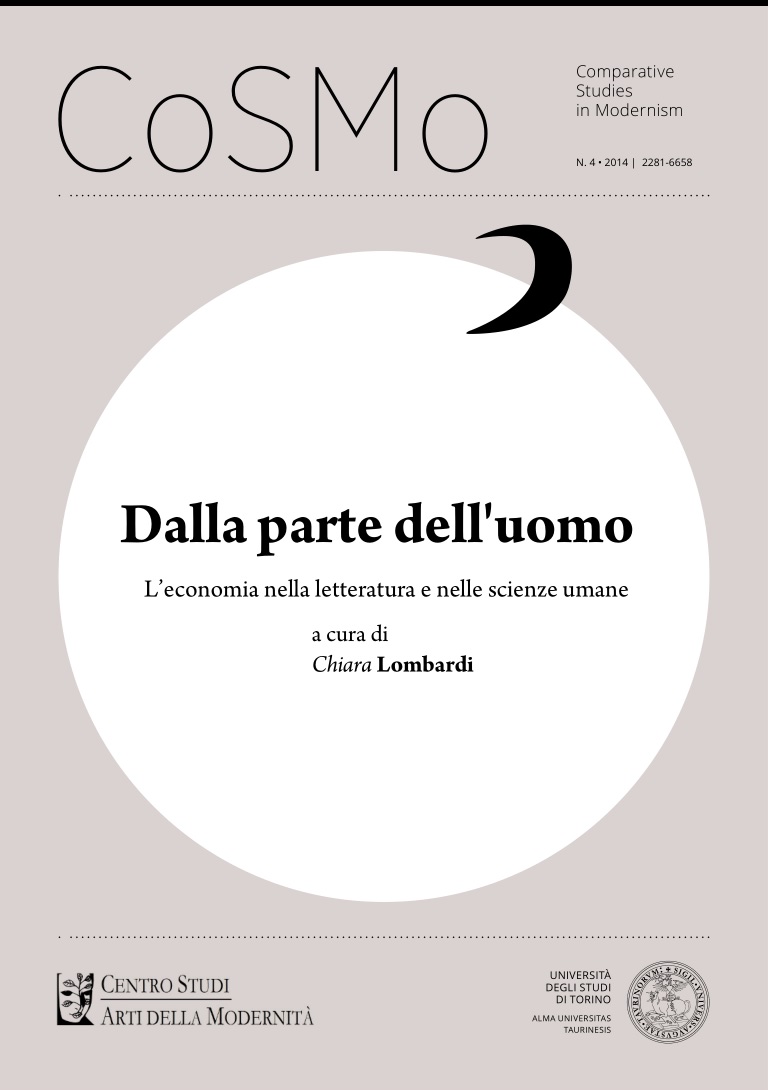Semiotic Analysis as Empirical Textual Research
DOI:
https://doi.org/10.13135/2281-6658/635Keywords:
Literature, Semiotics, TextualityAbstract
Empirical research on texts has become a central issue for contemporary semiotics ever since its theorists shifted their methodological approach from signs, codes or languages to texts. The former Saussurian approach implied an atomistic perspective tending to discover grammmars regulating combinations of separate units. On the contrary, the semiotics of texts focuses on the complexity of its object. Text is meant as a syntagmatic cut-out of any socially meaningful phenomenon. How does one decide how wide a text’s boundaries may be? What are the criteria one is to employ to decide about its pertinence? Studying texts empirically should concentrate on how they are construed and chosen, relying on reader/consumer’s response, trying to understand readers’ interpretive work. Reception theory may help only in so far as it is modified by time transformations, by the change in reading models, and by becoming a public reception theory, which always yields a further text, and always implies a comparison between the original text and the one produced by the audience.Downloads
Downloads
Published
Issue
Section
License
Authors keep the copyrights for their work and give the journal the work’s first publication copyright, which is at the same time licensed under a Creative Commons License – Attribution, which in turn allows other parties to share the work with an acknowledgement of the work's authorship and initial publication in this journal.
Content Licence

You are free to copy, distribute and transmit the work, and to adapt the work. You must attribute the work in the manner specified by the author or licensor (but not in any way that suggests that they endorse you or your use of the work).
Metadata licence

CoSMo published articles metadata are dedicated to the public domain by waiving all publisher's rights to the work worldwide under copyright law, including all related and neighboring rights, to the extent allowed by law.
You can copy, modify, distribute and perform the work, even for commercial purposes, all without asking permission.






